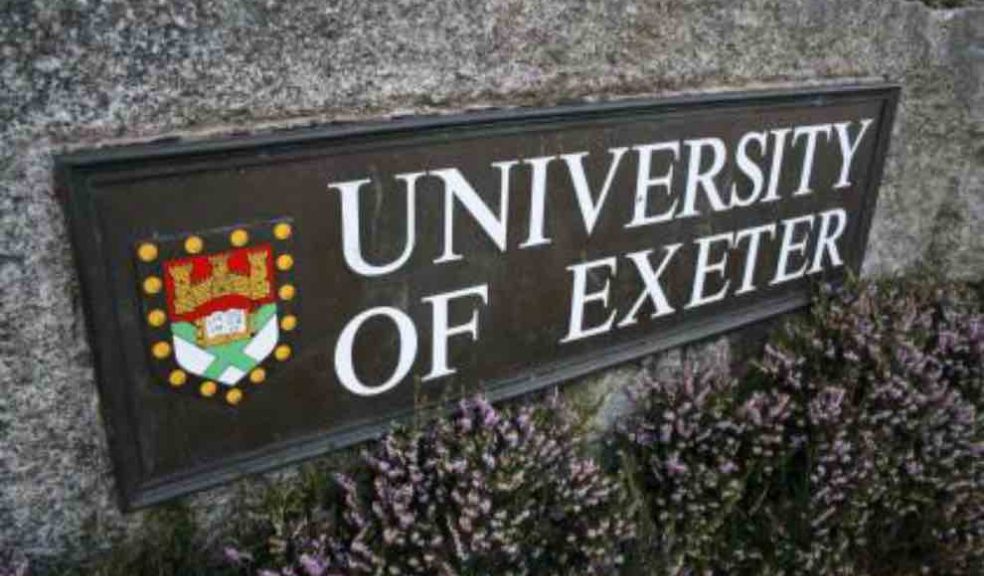
Exeter experts awarded prestigious Institute of Physics medals
Two physicists from the University of Exeter have received prestigious national awards in recognition of their long-standing, pioneering research.
Professor Bill Barnes and Professor Gilles Chabrier have received notable prizes from the Institute of Physics, announced today.
Professor Barnes has been named as the 2019 winner of the Thomas Young Medal, while Professor Chabrier has been awarded the Fred Hoyle Medal.
The awards are designed to recognise, celebrate and reflect the impact and applications of physics in everyday life, the breadth of the discipline in academia, industry and medicine, and its impact in ‘extraordinary human achievements’.
In his citation, Professor Barnes was praised for his “outstanding contributions to the development of nanophotonics, especially in plasmonics and nanoscale light-molecule interactions”.
It also highlighted how his research has helped improve the efficiency of light emitting diodes and to develop thin film lasers.
Speaking after hearing the news, Professor Barnes said: “I am honoured and delighted to receive this award, and humbled by the list of previous recipients. I’m also keenly aware that such an award also rests on the work of many PhD students, postdocs and colleagues I have worked with over the years – this is their achievement too.”
Professor Chabrier’s citation referenced his “seminal contributions to a variety of astrophysical domains, from planetary to stellar and galactic astronomy”.
As well as highlighting how the Saumon-Chabrier theory – which extends Professor Chabrier's pioneering work, represents the first complete theory of hydrogen pressure ionization, a long standing problem in physics, the award also referenced how his research has led to “major breakthroughs in our understanding of the properties of dense astrophysical bodies, from giant planets to neutron stars”.
Professor Chabrier said: “It is a fantastic honour to receive such a prestigious award. I truly believe that this award isn’t just my own, but is shared to all the collaborators, colleagues, students and postdocs I have had the privilege to work alongside throughout my career, and also to the University of Exeter which has always prioritised the development of top science.”
Institute of Physics President, Professor Dame Julia Higgins said: “As well as rewarding personal achievement, our awards also celebrate the diversity of our physics community. We are proud that our professional community is comprised of so many sections of society. We will continue to encourage everyone to explore science and will strive to remove the barriers to learning that some encounter, so that everyone who wants to, can learn and enjoy science for as long as they wish.”
All award winners will be celebrated at the Institute’s annual Awards Dinner, to be held this year on 19 November at the Royal Lancaster London Hotel, where they will be presented by the President with their medal, a prize of £1,000 and a certificate.














